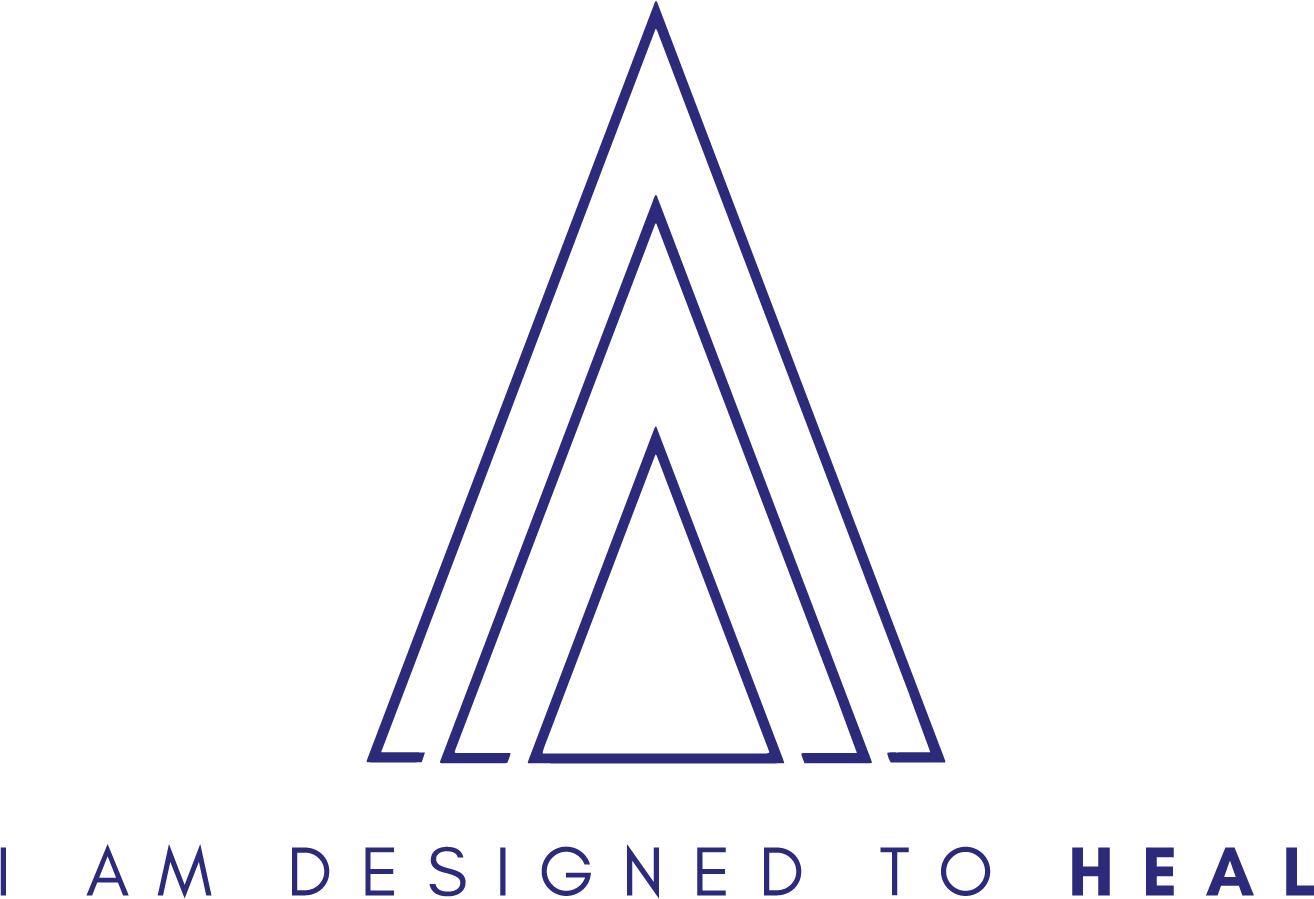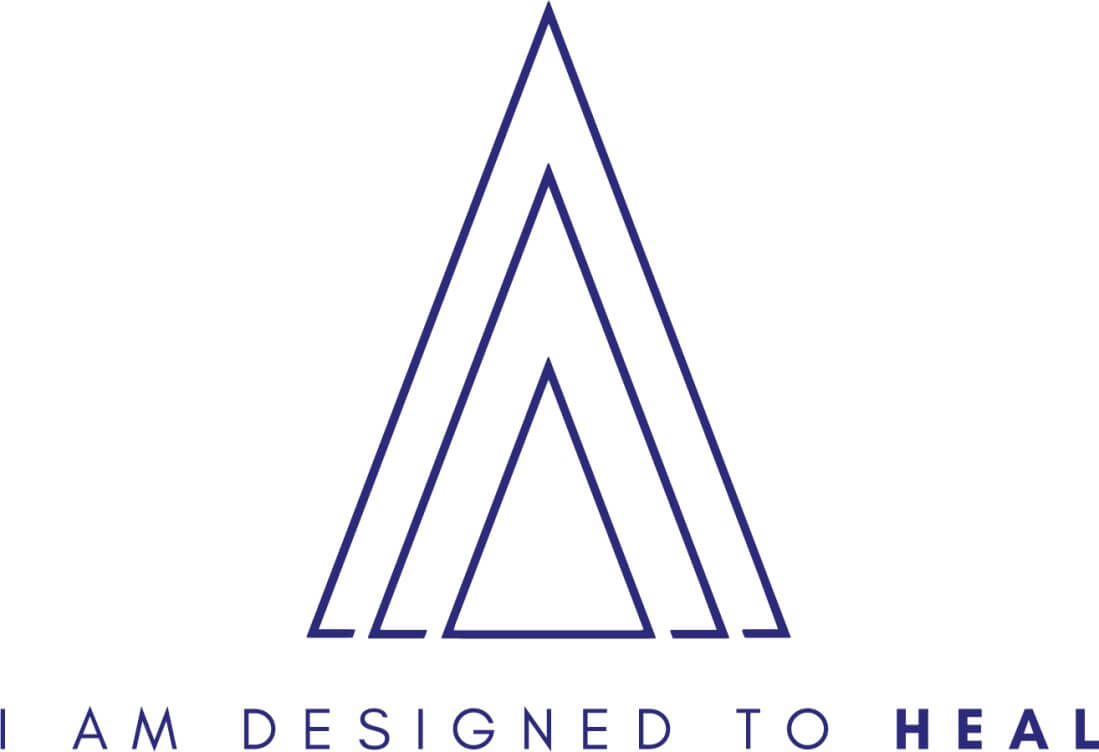
23 Oct ACUPUNCTURE & ALZHEIMER’S :: WHAT YOU NEED TO KNOW Insights from the latest research and clinical experiences
Alzheimer’s Disease is the most common form of dementia. According to the Centers for Disease Control, Alzheimer’s is a progressive and potentially debilitating disease that often begins with mild forms of memory loss. Many clients dismiss the early warning signs as a natural progression of aging. However, without proper care and early intervention, the disease may gradually interfere with daily life, interrupting the ability to find the next word in a friendly conversation to forgetting important appointments or neglecting the basics of personal hygiene and self-care.
As the adult population of the United States continues to age, it is estimated that between now and 2050, over 28 million adults over the age of 60 will receive a Alzheimer’s diagnosis. While the Alzheimer’s Association recognizes that causes vary considerably between individuals, the reduction of certain risk factors such as lack of exercise, decreased cognitive challenges, decreased social interactions, and high blood pressure, can help.
As a Doctor of Acupuncture and Chinese Medicine, I emphasize a Mediterranean diet rich in fish, olive oil, and vegetables along with gentle exercises that strengthen the mind-body connection such as yoga, tai chi, and walking. I also encourage all of my aging patients to engage in mentally stimulating activities such as reading and working puzzles. I highly recommend signing up for an art class, an book club, or other group activity that will not only allow you to meet new friends, but also try new things in a fun and supportive environment.
With the advent of new treatments and discussions over the prevention and care for those with Alzheimer’s Disease, acupuncture has demonstrated clinical results that are more than promising, especially when integrated into a personal wellness regimen that includes mindful eating, exercise, and social interactions. According to a 2022 study, acupuncture is shown to help the brain maintain plasticity. Simply stated, plasticity is the mechanism that allows the brain to function in a healthy way, effectively retaining memory along with the ability to learn new things. The study notes that acupuncture can change the structural characteristics and function of syntactic plasticity while inhibiting inflammatory responses in neural pathways.
Alzheimer’s Disease is characterized by Traditional Chinese Medicine as an acquired cognitive deficit and impaired daily activity. In clinical practice, acupuncture therapy has been demonstrated to slow the progression of dementia. Acupuncture does so by focusing on regulating the imbalance of Yin and Yang by stimulating certain acupoints on the body surface. Traditional Chinese Medicine considers a deficiency of marrow and Yang energy as a hallmark of Alzheimer’s Disease. Stimulation of kidney points, particularly along the governing vessel of the scalp, have been shown to improve cognitive function by nourishing the brain and enhancing Yang energy.
Traditional Chinese Medicine also looks to kidney meridian deficiencies as a major contributor to Alzheimer’s Disease. According to a study published in 2021 in the American Association for Anatomy Journal, insufficiency of kidney essence can lead to the emptiness of marrow, which in turn can cause memory impairment. Therefore, if the kidney deficiency in AD patients can be restored, the neural system, hematopoietic function, and even dementia can be improved. And it makes the strategy of nourishing the kidney and filling the Marrow Sea so significant.
It is my clinical experience, that patients who maintain an acupuncture regimen of three days a week often see improvements to their quality of daily life. Of course, this is determined by the individual, and is often supported by maintaining a healthy diet, mindful exercise, supportive social interactions, and appropriate western medical support.
My treatment recommendations align with the findings of the above mentioned studies, and specifically include scalp acupuncture which involves placing needles in the head, helping stimulation underlying areas of the brain to increase synaptic communication, blood flow, and anti-inflammatory responses. Scalp acupuncture is successful because it directly correlates to the area of the brain that is affected by Alzheimer’s, particularly, the frontal lobe, parental lobe, and temporal lobe. Patients demonstrate improvement with attention, memory, and speech with continued treatments when compared to body acupuncture.
My treatment protocol incorporates medical qi gong, a recognized Traditional Chinese Medicine form of energy healing, which continues to stimulate the movement of bio-energy throughout the central nervous system. My treatment also includes localized medical massage once the needles are removed. Research has continually demonstrated the effectiveness of a multiple modality approach, one I have historically used with much success with all of my patients. Together, the treatment approach relies heavily on stimulating the governor vessel and the kidney meridians. While additional points are used, the treatment plan and the individual results of my clients are a testament to the hope the prevailing research offers for Alzheimer’s Disease patients and their families.
As always, I encourage all of my patients to consult with their primary care doctors, specialists, and families about treatment options and lifestyle support. It is important that we all work together to help create a treatment plan that reflects the values of the individual while addressing not just the symptoms, but instead, offering a collaborative approach that enhances daily life and individual goals. Acupuncture and Traditional Chinese Medicine are now demonstrating a viable treatment option for individuals and their families, and I am honored to be able to offer integrative and holistic personalized care to those in need.


